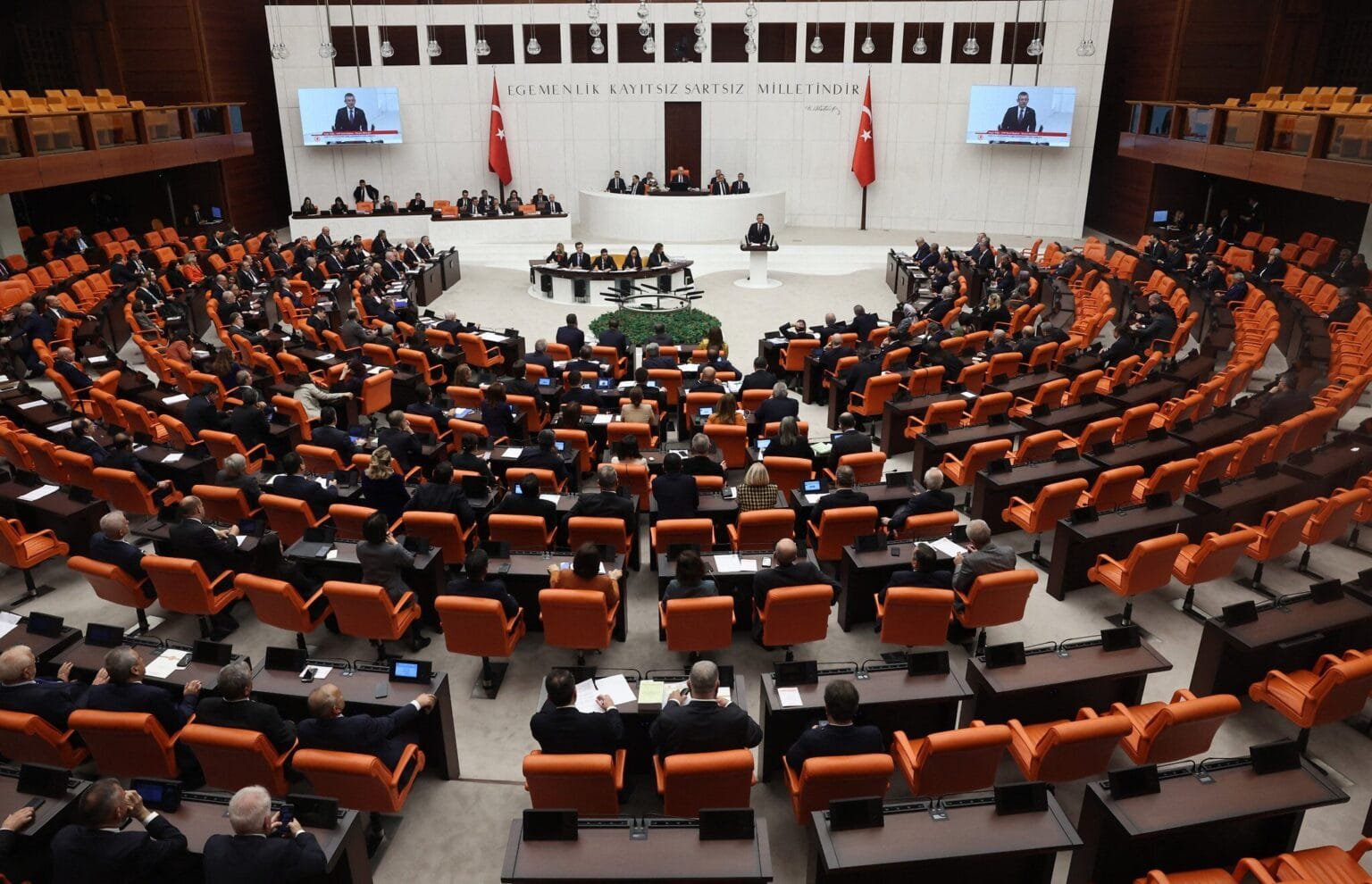ANKARA — The Türkiye parliament has approved sweeping extensions of its military mandates abroad, voting this week to renew the cross-border deployment of Turkish armed forces in Iraq and Syria for another three years, while simultaneously extending its participation in the United Nations Interim Force in Lebanon (UNIFIL) for two years.
Under the decree for Iraq and Syria, commencing October 30, Turkish troops retain the legal authority to conduct cross-border operations aimed at combating groups Ankara deems terrorist threats, including Kurdistan Workers’ Party (PKK), People’s Protection Units (YPG) and Islamic State of Iraq and the Levant (ISIL). The motion emphasises that “lasting stability has not yet been established” in regions adjacent to Türkiye’s southern borders and the presence of separatist and terrorist groups continues to pose “direct threats” to Turkish national security.
On the Lebanon front, the two-year extension of Türkiye’s UNIFIL mandate allows Turkish forces to remain part of the United Nations peacekeeping effort, which monitors the Lebanon–Israel border and supports maintenance of stability in southern Lebanon. The current UN mandate runs until December 31, 2026, and Türkiye’s commitment ensures its troops will stay engaged through at least October 2027.
The votes in parliament revealed political fault-lines: while the ruling Justice and Development Party (AKP), its ally the Nationalist Movement Party (MHP), and opposition parties such as İYİ (Good) and the New Path Party backed the Iraq/Syria extension, key opposition group the Republican People’s Party (CHP) and the Peoples’ Equality and Democracy Party (DEM) opposed it—arguing the mandate risks drawing Türkiye deeper into longstanding foreign quagmires.
Turkish officials defended the decisions as crucial to national security, citing ongoing threats from terrorist organisations, risks of mass migration, and instability emanating from neighbouring conflict zones. The Lebanon vote was more broadly supported, reflecting Ankara’s sustained role in multilateral peacekeeping and regional diplomacy.
The extensions mark a clear continuation of Türkiye’s foreign-military posture: retaining cross-border intervention rights in Iraq and Syria in line with Ankara’s “terror-free Türkiye” strategy while reaffirming its presence in Lebanon’s volatile security environment. Observers say the moves underscore Türkiye’s dual approach of unilateral action beyond its borders alongside participation in international missions.





